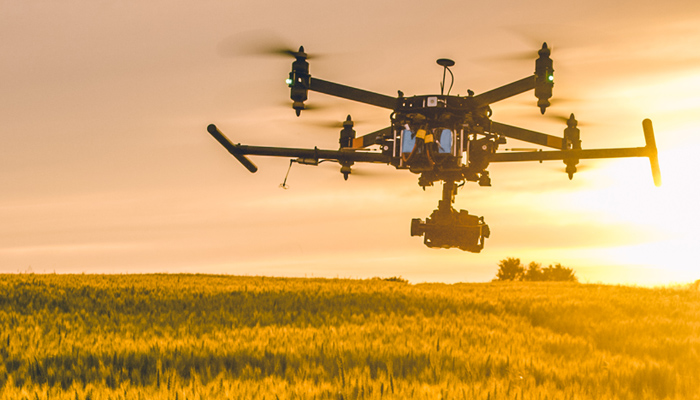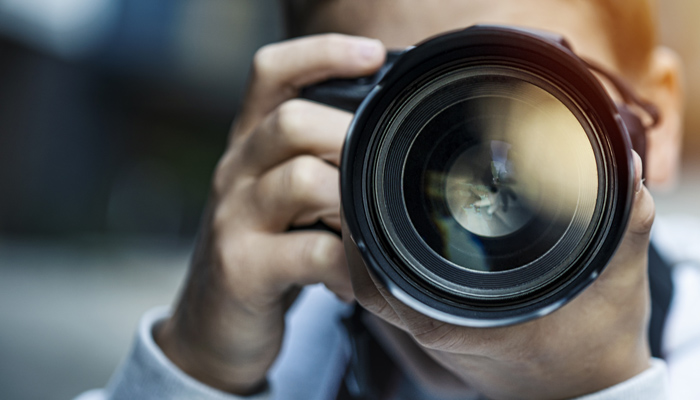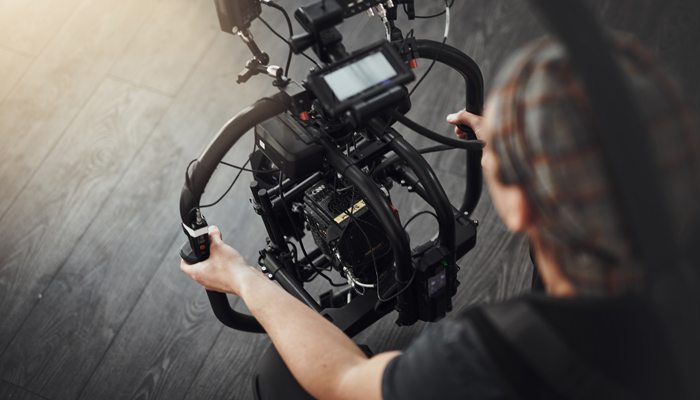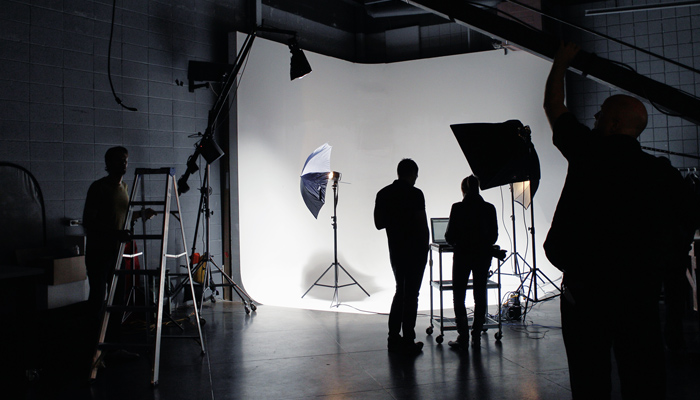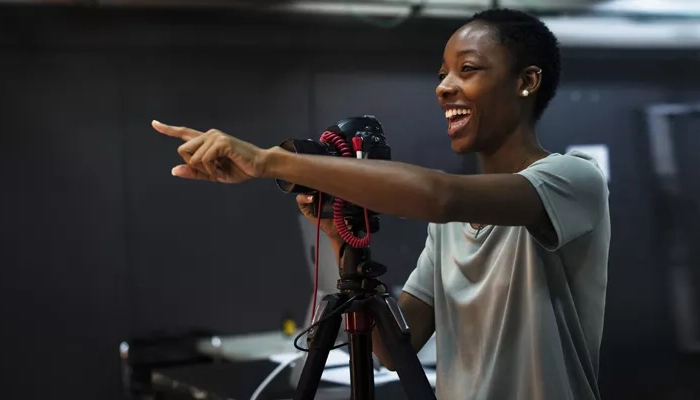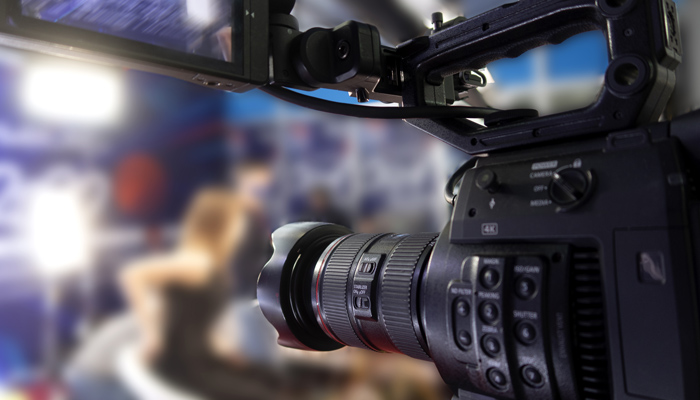Top Photography Tips
Photography tips for beginners
Want to make sure you can capture that perfect moment on the specialist occasions, whatever your camera or experience? Read some great photography techniques and tips in our guide.
Use your existing camera
When you are starting out as an amateur photographer, having the latest top-of-the-range camera gear is not crucial, as most DSLRs are of a solid standard for beginners. Use equipment you already have and are comfortable with, and focus on improving your creative skills and knowledge of camera settings.
Learn your camera settings
There are a lot of camera settings, and it takes some practice to get them right, especially as a beginner. It’s really worth being brave and switching your camera out of ‘Auto’ mode, so that you learn all about your camera settings and how to adjust to create the right setup for different types of photos.
The three most crucial are aperture, shutter speed, and ISO, which are the settings that directly affect the brightness of a photo (apart from flash). Master how to use these correctly and you will avoid over and underexposed photos and produce that ideal balanced look of the light.
Think about composition in your photos
Putting thought into your composition, ensuring all the interesting elements are covered clearly, is a simple way to keep your photos neat and engaging. Make sure the horizon in landscape photos is level, and try to keep the composition balanced and simple. Keep experimenting with angles and composition until you have it just right – small adjustments can make a big difference.
Consider using a tripod
Tripods are a great addition for photographers, as they both help eliminate the difficult issue of a lack of light and improve the stability of your camera, meaning your photos will be sharper and clearer. If you are taking your time over photographing a stationary subject, such as a landscape, architecture, or still life, then it is worth considering a tripod to get the shot set up perfectly.
How to avoid blurry photos
There are 2 key points to avoiding blurry photos:
- keep your camera lens clean with a microfiber cloth and lens cleaning solution at least once a week
- Make sure you have a good-quality filter on the front of your lens to protect it from scratches, cracks and dust, especially when outdoors – cheaper ones can blur the edges of your shots.
Make use of post-processing
You can’t always get things perfect in the field, so give yourself a chance to add that extra 5% with post-processing, to turn a good photo into an excellent one. Subtle tweaks to remove imperfections, impart a mood and guide the viewer’s eye can work very well.
If you want to post-process your photos, remember to shoot in RAW or RAW+JPEG so you have the most adaptable original to work from.
Food photography tips
With #instafood to the fore, gastronomic creations are being shared on social media are more popular than almost anything else armed with nothing more than a smart phone and an appetite, but there is a growing number of professionals whose pristine food styling and specialist photography techniques are highly sought after by chefs, restaurants and publications to bring their meals to life.
Check out our comparison of amateur versus professional food photography tips and techniques, with the challenge of “capturing five of Instagram’s favourite foods.”
Wedding photography tips
Create a ‘shot list’
Weddings can be chaotic occasions and preparation is crucial. The bride and groom are incredibly busy on the day and could easily forget a photo they intended to take, so it’s a great idea to speak to the couple beforehand and get a list of the ‘must take shots’ so you can be organised for the day to tick them off.
If you miss a shot at a wedding, thereʼs no rescheduling or re-shooting, you either get the shot or you donʼt. Being prepared like this also means you know when you have to be bold and interrupt guests to capture a key shot – it’s on the couple’s wishlist so people will understand.
Have the camera on high shutter speed at these key points and take multiple images, so you have the best possible captures.
Be fully prepared
Visit and explore the locations in advance so you can find the best locations for particular shots and to see how the lighting works.
Have a backup plan for everything. A plan in case of bad weather; batteries (all fully charged); memory cards (blank and ready to use); lenses; anything you may use.
Most importantly, have a second camera for the day as well; if things go well you can take different shots with wider or longer lenses, and if anything goes wrong with your main camera disaster is averted. Rent extra equipment if necessary.
Ensure you are at venues in plenty of time and make sure you have a schedule of the day.
Keep equipment quiet
Camera noises during key points could ruin the moment. Switch off sounds beforehand and keep them off.
Use shots from the day at the reception
Make use of the instant nature of digital photos. If the couple are happy for you to do so, take a device to the reception, upload shots from the wedding itself and project them during the evening to add some extra atmosphere.
Have a second person
Whether it is a backup photographer (so you can take more shots, from more angles, with less moving around) or an assistant to help carry all the accessories and organise the guests, wedding photography is a two-person job.
There is so much to think about: managing the light, taking the test shots, capturing other little details and scenes you would otherwise miss. Little gems like a photogenic kid smiling; people laughing naturally; or joyful reactions and expressions of relatives, friends and family at the couple’s big moments can elevate your wedding album above the norm.
Also, if you’re starting out or on a low budget, ask your more experienced wedding photographer contacts if they would join you on your next shoot, and you can then assist them on theirs. This will help you learn more quickly.
Get experience as a wedding photography assistant first
Given wedding photography is complicated, take your time. Work as the second person in a wedding photography team beforehand and gain experience in the field. You don’t want either a couple’s big day, or your reputation as a photographer, to be damaged by common mistakes, so ensure you have gained knowledge from an expert to help avoidable errors.
Camera insurance and photography insurance from Towergate
Photography insurance can range from protecting your favourite camera, to covering your business and livelihood. Towergate Camerasure can provide cover to suit your needs. For more information, visit our dedicated photography insurance page or call us on 01489 770 340 to speak to a specialist adviser.
About the author
 Alison Wild BCom (Hons), FMAAT, MATT, Taxation Technician is a highly respected industry professional who has been working with and advising SMEs in areas including tax, pensions, insurance and marketing for over 25 years. She is a member of the Association of Accounting Technicians (AAT) and Association of Tax Technicians (ATT) and also has over 20 years' experience as a residential landlord.
Alison Wild BCom (Hons), FMAAT, MATT, Taxation Technician is a highly respected industry professional who has been working with and advising SMEs in areas including tax, pensions, insurance and marketing for over 25 years. She is a member of the Association of Accounting Technicians (AAT) and Association of Tax Technicians (ATT) and also has over 20 years' experience as a residential landlord.
Date: July 31, 2024
Category: Trade





